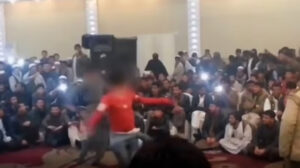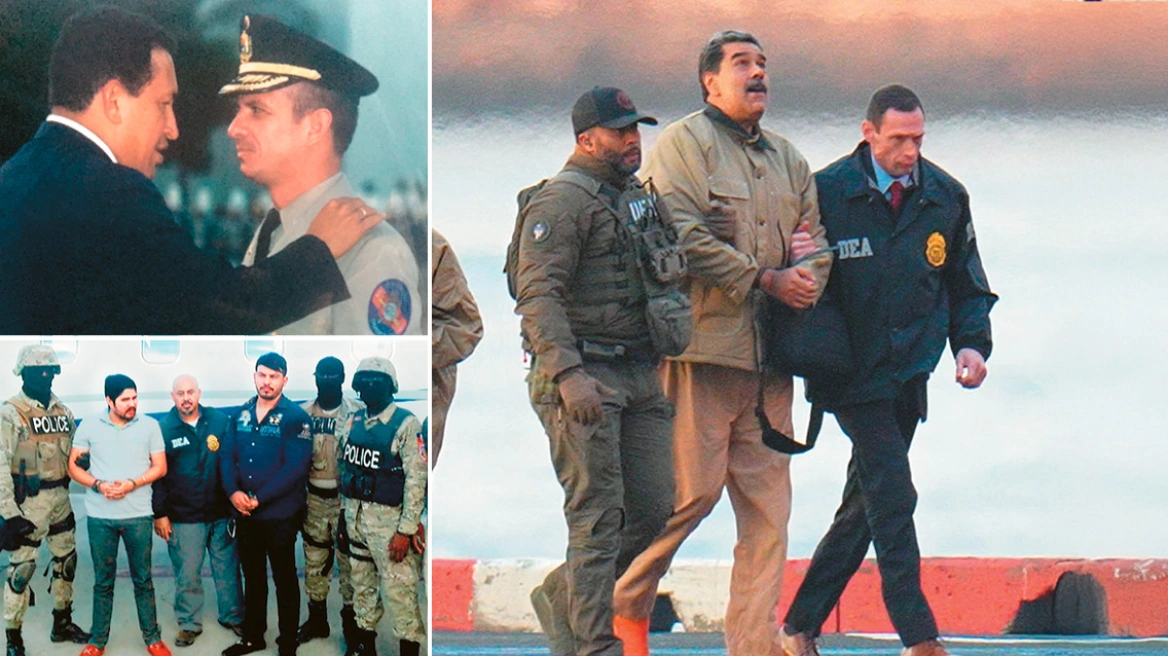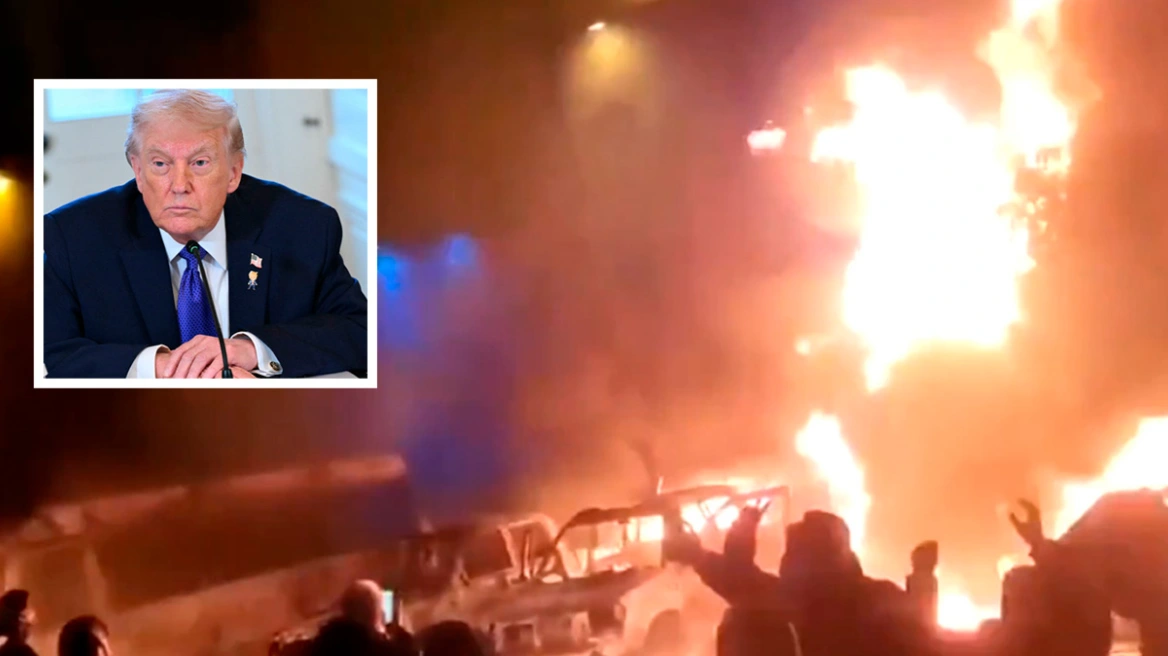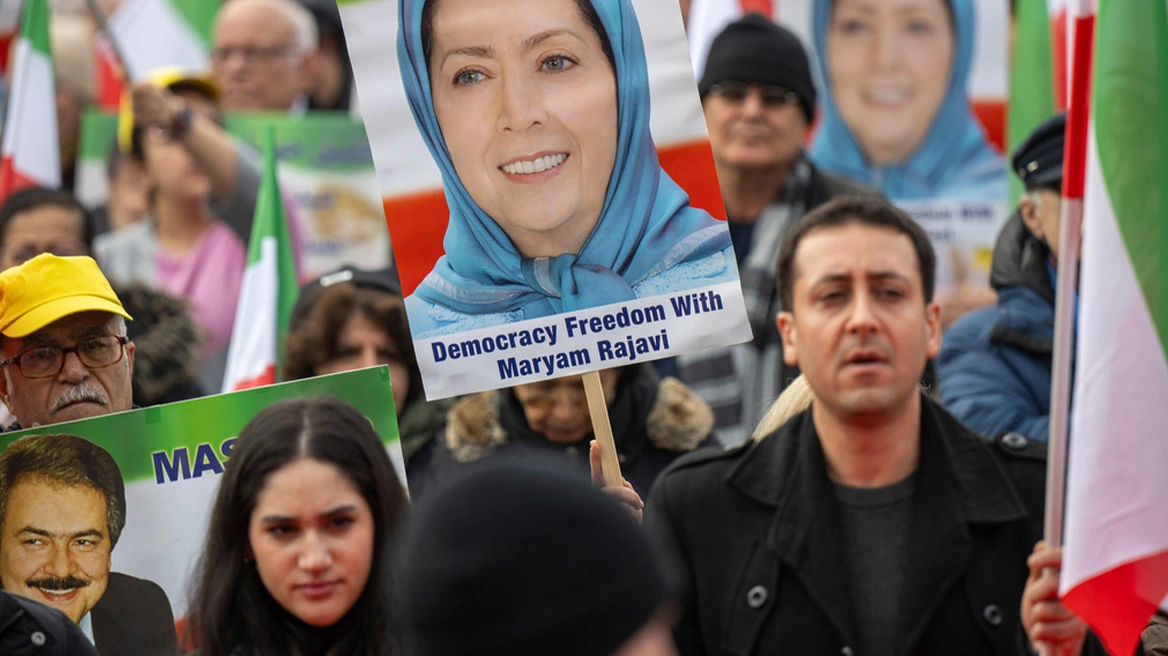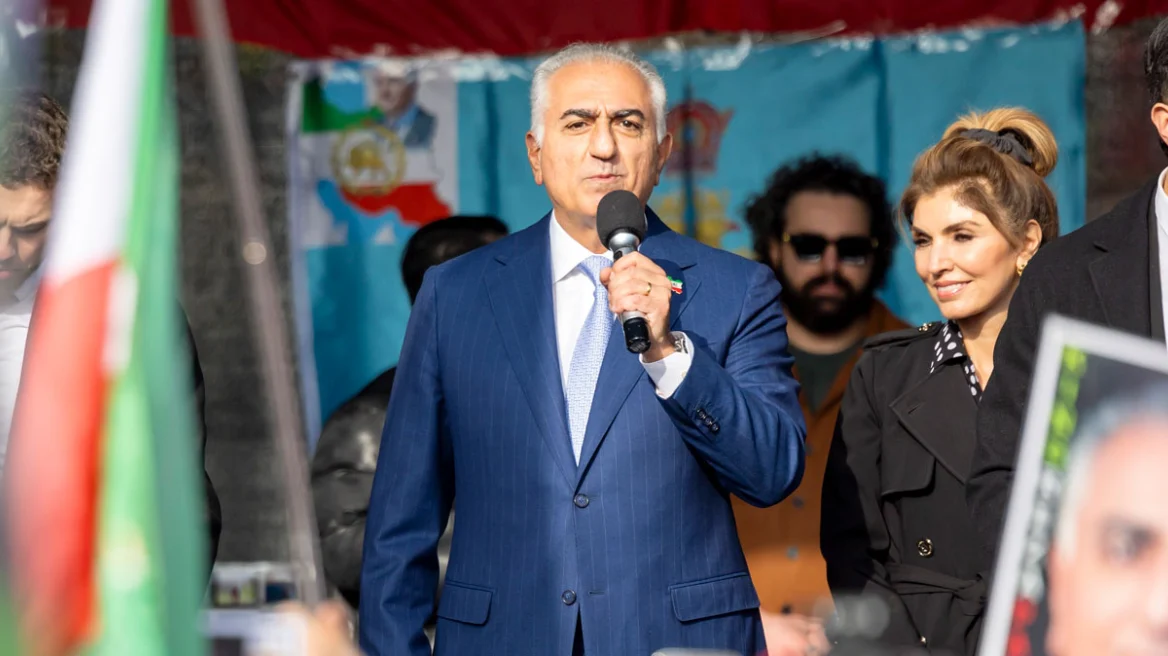The terrifying rise of “Bacha Bazi“. How young boys from poor families are sold to warlords and rich, powerful Afghans: They are forced to dance in front of them, dressed in skirts and face makeup, then bought by the “highest bidder” and sexually abused.
Little boys sold as sex slaves
In Afghanistan, in private, dimly lit rooms, young boys wearing brightly colored and made-up women’s clothing are forced to dance in front of secret gatherings of the country’s powerful men. But these boys – some as young as 10 – are not just dancers. They are victims of Bacha Bazi, an ancient practice that turns them into slaves of sex for Afghanistan’s elite.
The bad tradition, named after the “boy toy“, has been going on for many centuries and has survived empires, wars and political upheavals. Now, while the current leadership of the Taliban claims to oppose it, it is common knowledge that Bacha Bazi continues to exist and flourish.
A British government report in 2024 found that boys in Afghanistan remain at high risk of sexual exploitation through Bacha Bazi, with the practice being particularly prevalent among the populists and powerful families that have dominated Afghan society for generations. Some boys are reportedly volunteered, but many are sold by their own families, who live in abject poverty, for a few afghans. There are also boys who are quite simply kidnapped, including by police officers, who are supposedly tasked with preventing the re-emergence of the Bacha Bazi by – allegedly – conducting searches and raids.
Some of the children return to their homes after being abused and fed up with their abuser, and very often face more violence and ostracism. As for psychological support and help to reintegrate them into society, not a word. After the suspension of international aid to Afghanistan since the Taliban returned in 2021, there is almost nothing. All this in a country where homosexuality carries the death penalty and pedophilia – supposedly – is punishable by long prison sentences.
Meanwhile, in his shocking documentary “The Dancing Children of Afghanistan,” Afghan journalist Najibullah Quraishi revealed the ease with which men acquire these children.
Once the young boys are sold by their families or abducted, many are abused in harems and pimped by pimps and traffickers. Some boys are effectively held as personal property, with their owners not allowing other men to see the children for fear they will try to steal them. Others, however, are easily exchanged as commodities.
One powerful man in northern Afghanistan, Dastager, when asked how he chooses a boy, gave a chilling answer: “He must be attractive, good for dancing. Around 12 or 13, and handsome. I tell their parents I’ll train them. I’ll give the family money and tell them I’ll take care of him.” But the reality is much worse. The man in question admitted that he had been with more than 2,000 boys, using them until they were no longer useful to him.
Another person, referred to as Mestary said that, every military commander had a young companion as part of a sick game. “I had a boyfriend because every commander had one. There is competition between commanders. Without one, I couldn’t compete with the others.”
The abuse that no authority really wanted to eliminate
The roots of Bacha Bazi date back to at least the 13th century, as documented by local and foreign intellectuals, historians and visiting politicians. But its most notorious revival came during the Mujahideen war against the Soviet Union in the 1980s.
The Afghan warlords who fought against the USSR were notorious for holding young boys as their property – something that gave them prestige – as well as objects of abuse.
When the Taliban first came to power in the 1990s, they declared that one of their main priorities was to prevent this diversion, in the ranks of the warlords, and banned it. After the Taliban were ousted in 2001 amid the US invasion of Afghanistan, the old power structures returned, as did the Bacha Bazi.
The foreign powers operating in Afghanistan were well aware of the heinous practice, but did little to intervene. During the American occupation, American and British soldiers witnessed and recounted incidents in which they were ordered to work alongside young boys who were being abused. One US Marine, Major General Gregory Buckley Jr. confided to his father that he heard Afghan police officers raping boys on a military base at night. “At night we could hear them screaming, but we weren’t allowed to do anything about it, he said. That Marine was later shot by local Afghan forces in one of several incidents of “green on blue” attacks (ed: “green on blue” attacks are incidents where an individual Afghan soldier, a police officer or even a civilian attacks U.S. troops).
Other Western soldiers recounted how commanders warned them to “turn a blind eye” and ignore uncontrollable child abuse because confronting Afghan allies about the practice could damage diplomatic relations. The horror of the situation was revealed when Dan Quinn, a former U.S. Special Forces captain, was relieved of duty and transferred from Afghanistan for attacking an American-backed Afghan militia commander who was keeping a boy chained to his bed as a sex slave.“We came here because we heard the terrible things the Taliban were doing to people, how they were violating human rights. ‘But we were promoting to power people who would do things worse than the Taliban,’ Quinn later said.
The Taliban, meanwhile, exploited Bacha Bazi to their advantage, infiltrating US-backed Afghan police and army headquarters by sending boys to entertain their enemies in the guise of a Trojan horse. These boys, once inside the facilities of the American-allied Afghan forces, would either poison their abusers, shoot them, or carry out suicide bombing attacks – or simply open the gates for Taliban fighters to carry out their own deadly attacks. In 2024, the EU Asylum Agency argued: “Afghan security forces, particularly the Afghan local police, were allegedly recruiting boys specifically to be used for Bacha Bazi in every province of the country.”
The crime that continues today
With the withdrawal of the US in 2021 and the return of the Taliban to power, one might assume that the practice has been stamped out again. Officially, it is illegal. In reality, it remains unregulated.
Despite the Taliban’s public stand against Bacha Bazi, reports indicate that many of their own members continue the practice. A 2024 US State Department report revealed that Taliban officials had engaged in sexual slavery, including employing child soldiers who were also victims of abuse.
The Taliban’s own morality police – the Ministry for the Propagation of Virtue and Protection of Morals – focuses almost exclusively on policing the behavior of women, while crimes like Bacha Bazi continue in the shadows as many of the same men who were warlords before 2001 – former mujahideen fighters, tribal chiefs and wealthy elites – continue to wield influence, even under Taliban rule. And with Afghanistan now more isolated than ever, there is no serious external pressure to stop them.
Reports from human rights organizations show that boys are still being bought, sold and raped – sometimes by the very people who claim to uphold the Taliban’s strict moral code.
Survivors who have escaped speak of beatings, rape and psychological torture, only to be turned away once they grow facial hair and are no longer considered desirable. Many turn to fornication, drug addiction or suicide, unable to escape the trauma they have suffered.
A report by the Afghanistan Independent Human Rights Commission (AIHRC) stated: “Victims of bacha bazi suffer severe psychological trauma as they are often raped. These victims suffer from anxiety and a kind of disbelief, hopelessness and pessimism. Bacha Bazi has the effect of creating fear in children and developing feelings of revenge and hostility in their minds.”
In turn, many teenage victims are said to grow up and acquire boy lovers of their own, repeating the cycle. In the absence of any services for the recovery, psychological support and reintegration of boys trapped in this horrific abuse, it is difficult to know what is happening to these boys. There are anecdotal reports that many of these boys grow up to form their own Bacha Bazi group, perpetuating the revolving door of abuse.
